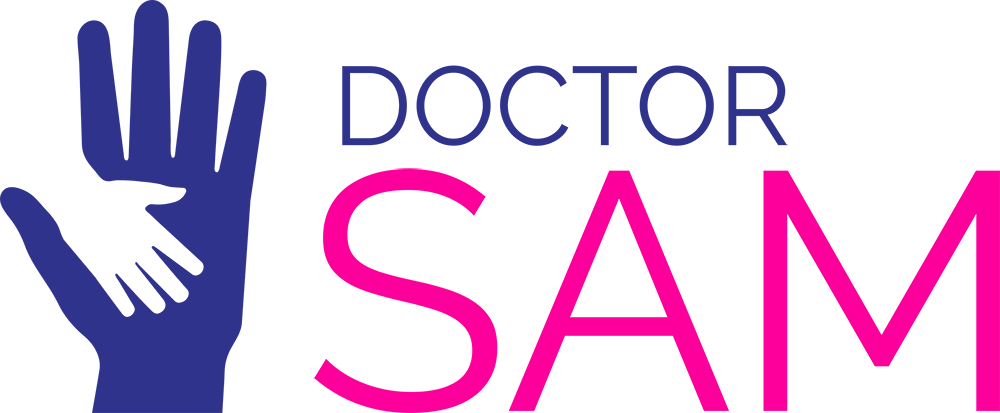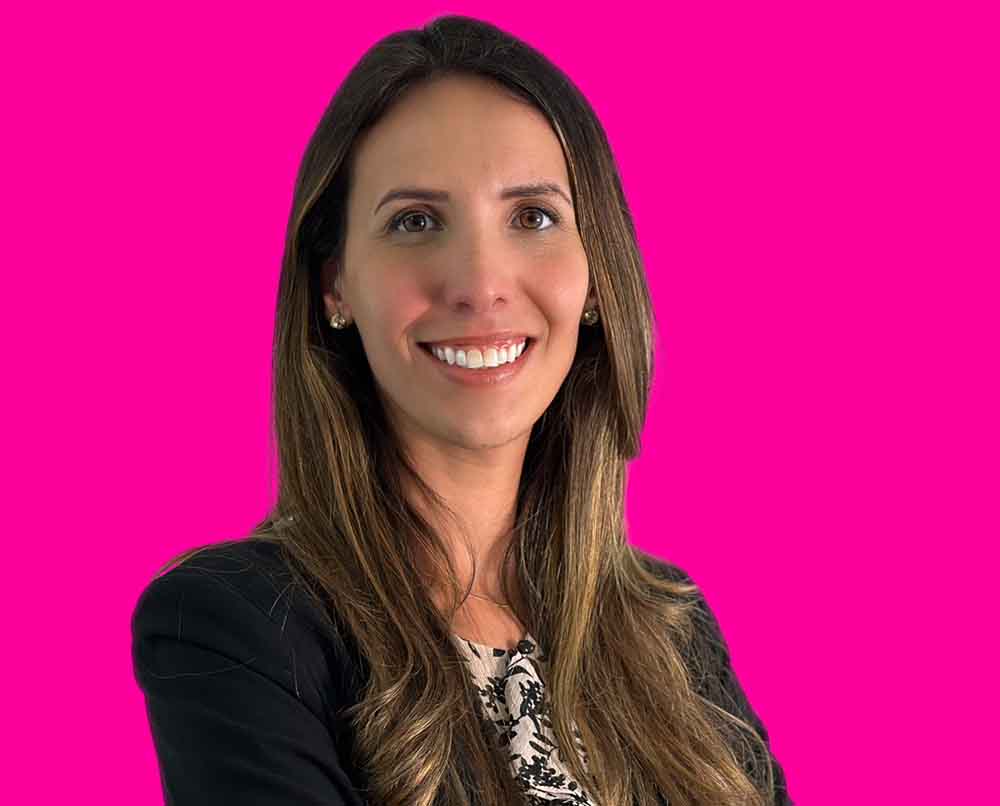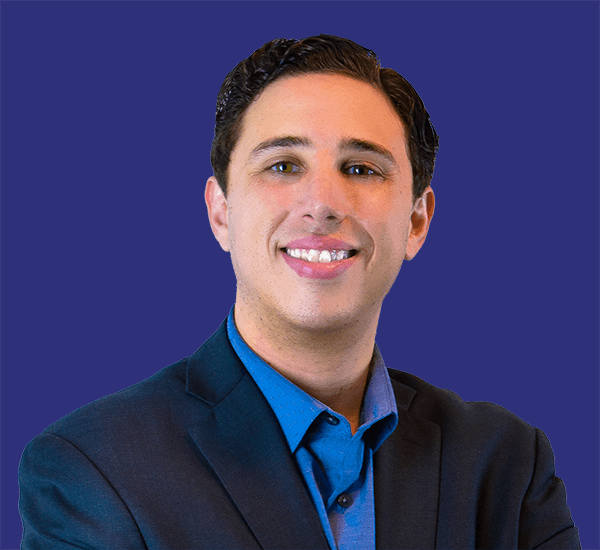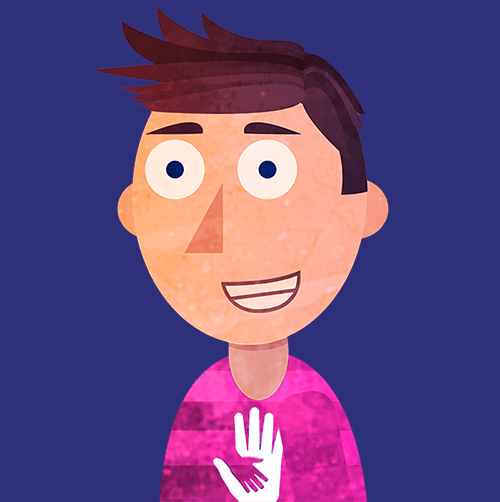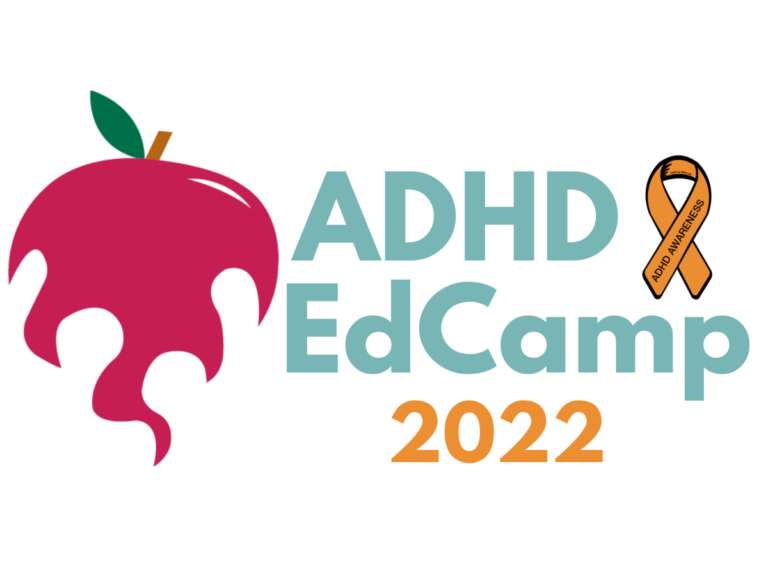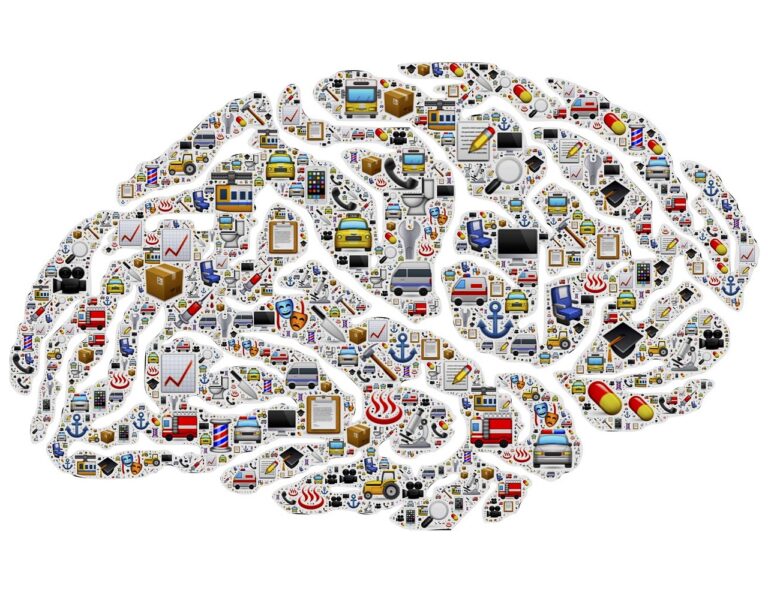PEDIATRIC PSYCHIATRISTS ADHD
We are a collaborative team with pediatric psychiatrists experienced in treating ADHD.
Our pediatric psychiatrists offer in-person and virtual appointments
In-person appointments offered at our Boca Raton office
Doctor Sam, LLC
2600 N Military TrailSte 355
Boca Raton, FL 33431
Child, Adolescent & Adult Psychiatrists
Dr. Sam/ Dr. Vittori
Treats ages 3 and older
Samantha Saltz, MD Psychiatrist
Ages: 3 yrs - Adult
Dr. Sam is a double board-certified child, adolescent and adult psychiatrist. She is the founding member and fearless leader of the Doctor Sam team...
About Dr. Sam Angela Vittori, MDPsychiatrist
Ages: 3 yrs - Adult
Dr. Vittori is a board-certified psychiatrist treating children, adolescents & adults.
About Dr. Vittori Board-Certified Adult Psychiatry
Dr. Stark / Dr. Kroin
Matthew Stark, MD Psychiatrist
Ages: 15 yrs - Adult
Dr. Stark is a board-certified psychiatrist. He is award winning, empathetic and believes in a team-approach to medicine...
About Dr. Stark Jessica Kroin, MDPsychiatrist
Ages: 12 yrs - Adult
Dr. Kroin is a board-certified psychiatrist. She is authentic, compassionate and has a passion for working with teenagers and adults...
About Dr. Kroin 